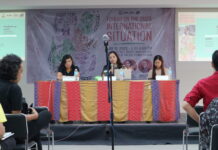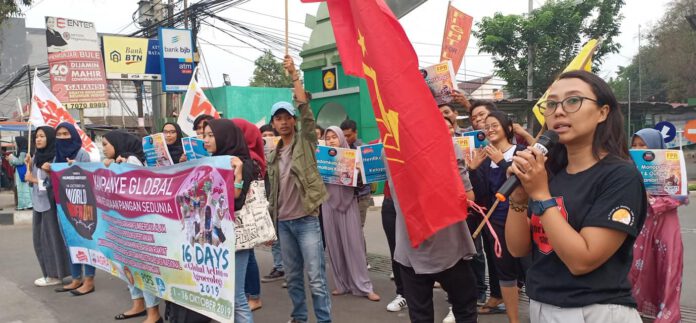An international movement of grassroots groups of small food producers and food sovereignty advocates criticized the glaring absence of grassroots representation at the helm of the United Nations Food Systems Summit.
The People’s Coalition on Food Sovereignty (PCFS) expressed its disappointment after the UN announced its “Food Systems Champions” on Sept. 30, 2020. According to the summit’s Special Envoy Agnes Kalibata, they “will be the beating heart of the Summit over the coming months, and become the frontline of a new movement to transform global food systems for the better.”
However, PCFS pointed out that a considerable number of the “champions” come from private sector-driven platforms that represent corporate interests and advocate neoliberal reforms in food and agriculture.
“One year to go, and the summit is still a far cry from our call for inclusivity. Just, equitable, and sustainable food systems will only be realized if the hungry steer the conversations,” said Razan Zuayter, global co-chairperson of PCFS.
According to Zuayter, farmers groups including PCFS will drumbeat their calls and demands “that will bring the genuine change in our food systems” on Oct. 16, World Food Day. However, they are commemorating the occasion as “World Hunger Day,” which was coined by the Asian Peasant Coalition in 2012.
PCFS and its network organizations are marking the date with a global action, highlight of which is the online protest caravan with the theme “#Hungry4Change: A Global Day of Action for Food and Rights.”
“The rural peoples feed the world, yet neoliberal actors always sideline their voices and situation in reforms to our food systems. They are among the world’s hungriest and poorest. Which is why more than anything, we are hungry for change! Food sovereignty now!” said PCFS global co-chairperson Sylvia Mallari.
Mallari said the UN Food Systems Summit will be a missed opportunity unless people’s food sovereignty is put at the core of food and agriculture policies. She stressed the summit’s relevance especially considering the current global hunger crisis coupled with the impacts of the COVID-19 pandemic.
“However, we expect no less than the dictates of big agribusinesses to dominate the summit with Kalibata and her ‘corporate accomplices’ working behind the scenes,” she said.
The Coalition cited the involvement of the Swiss foundation Global Alliance for Improved Nutrition, which advocates public-private partnerships and biofortification. Six of its leaders are among the appointed “champions.” Its executive director Lawrence Haddad is heading Action Track 1, the priority area “ensuring access to safe and nutritious food for all.”
Earlier this year, civil society groups as well as former UN special rapporteur on the right to food Olivier De Schutter denounced the UN’s appointment of Kalibata for her track record as president of the Alliance for a Green Revolution in Africa. Mallari said the institution contributed to the rising hunger in the continent.
PCFS also warned through a statement against the “corporate hijack” of the Food Systems Summit due to the UN’s partnership with the World Economic Forum. This was supported by 148 organizations from 28 countries.
“Change can start in the [UN Food Systems] Summit. Let the real champions of our food systems – the rural peoples – lead the summit,” said Zuayter. ###


















